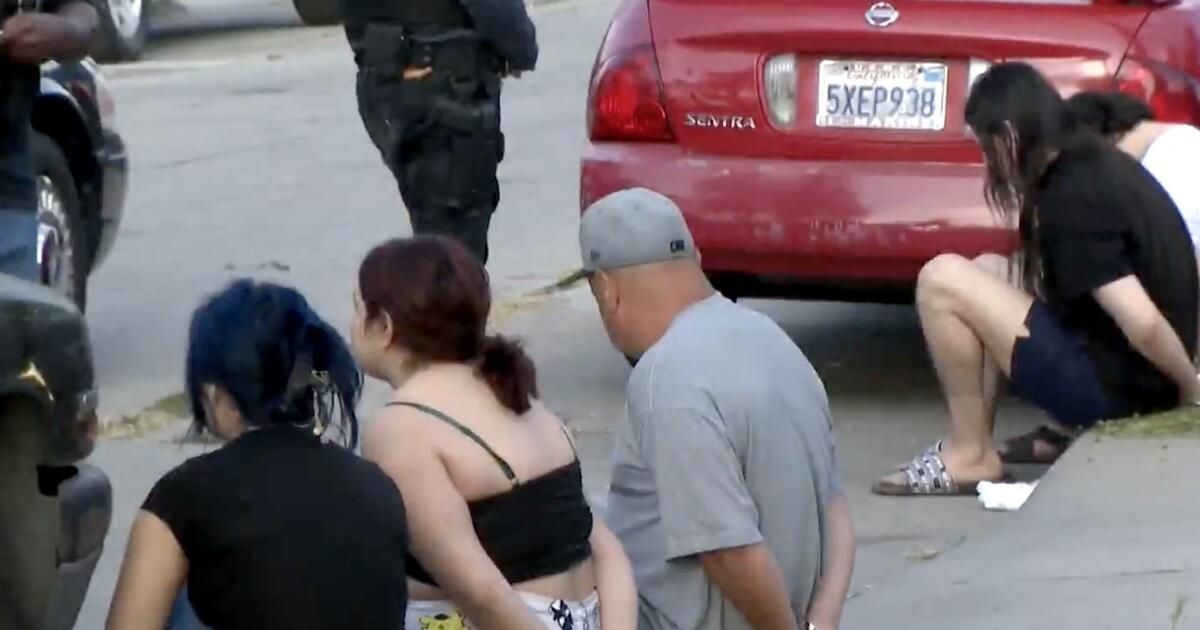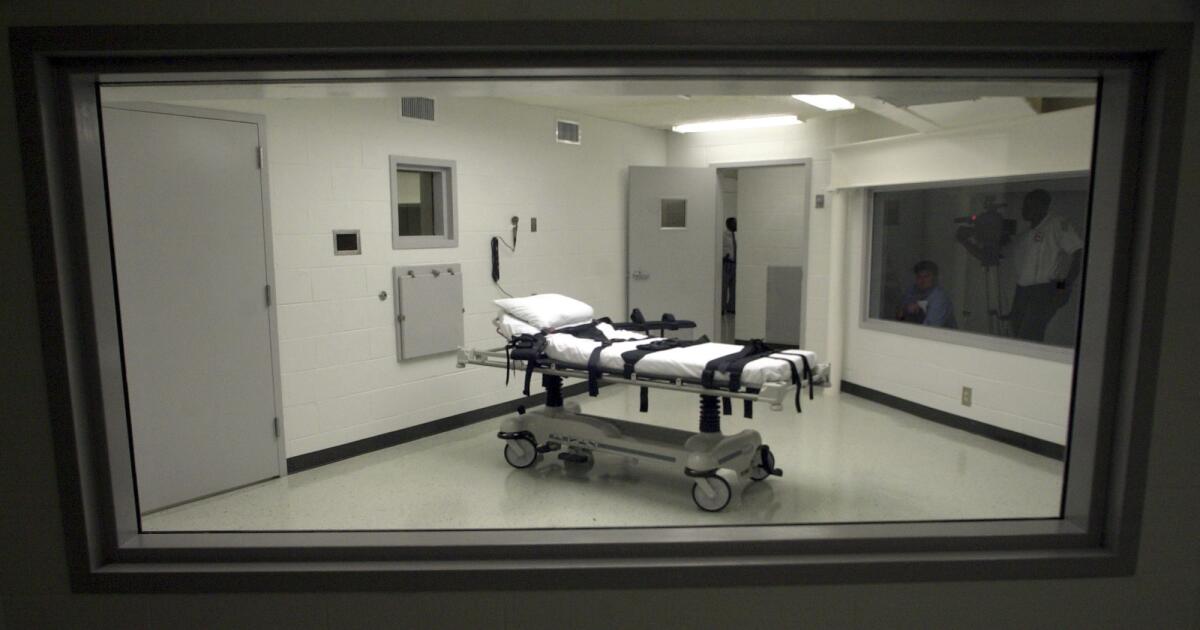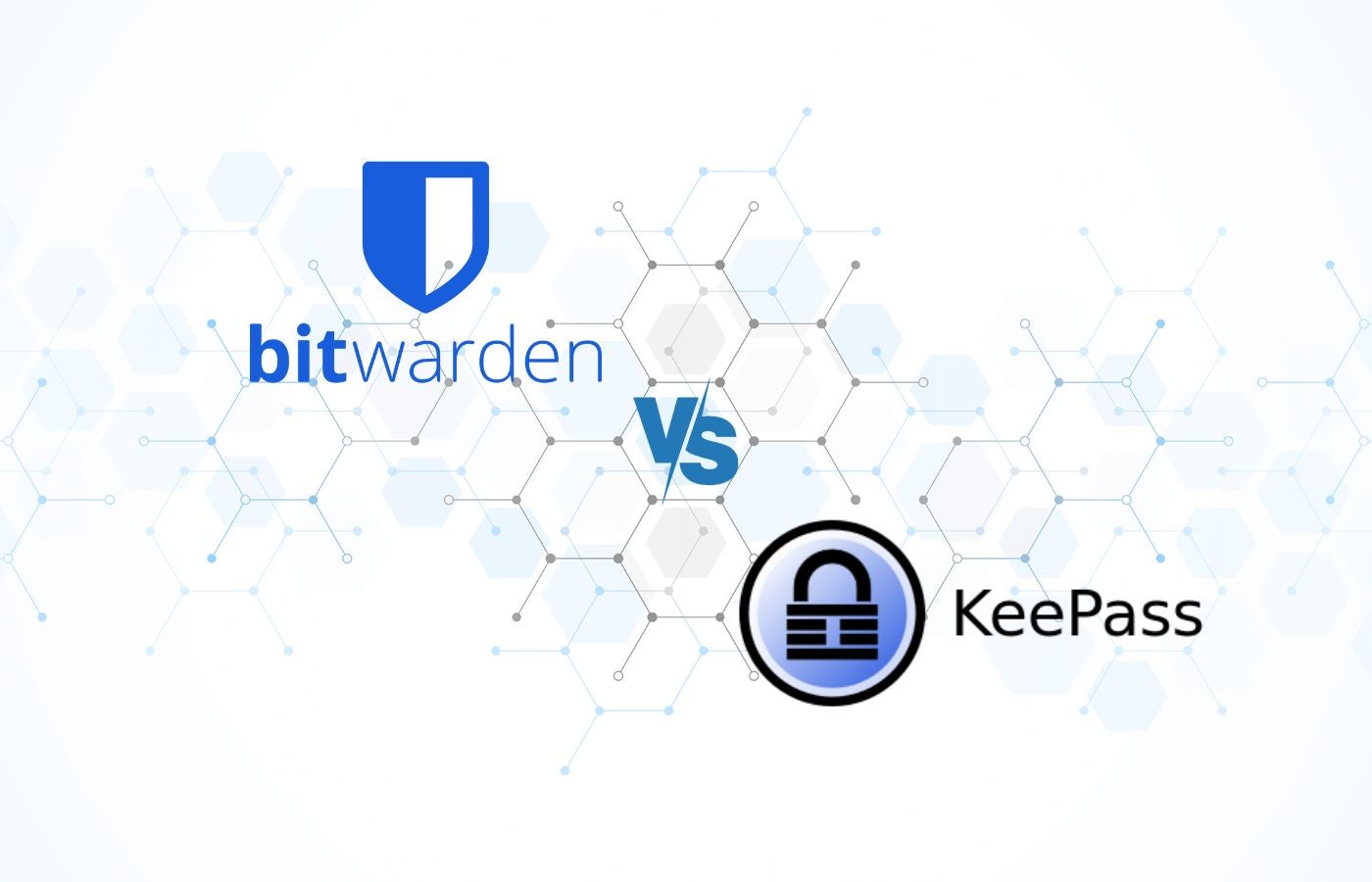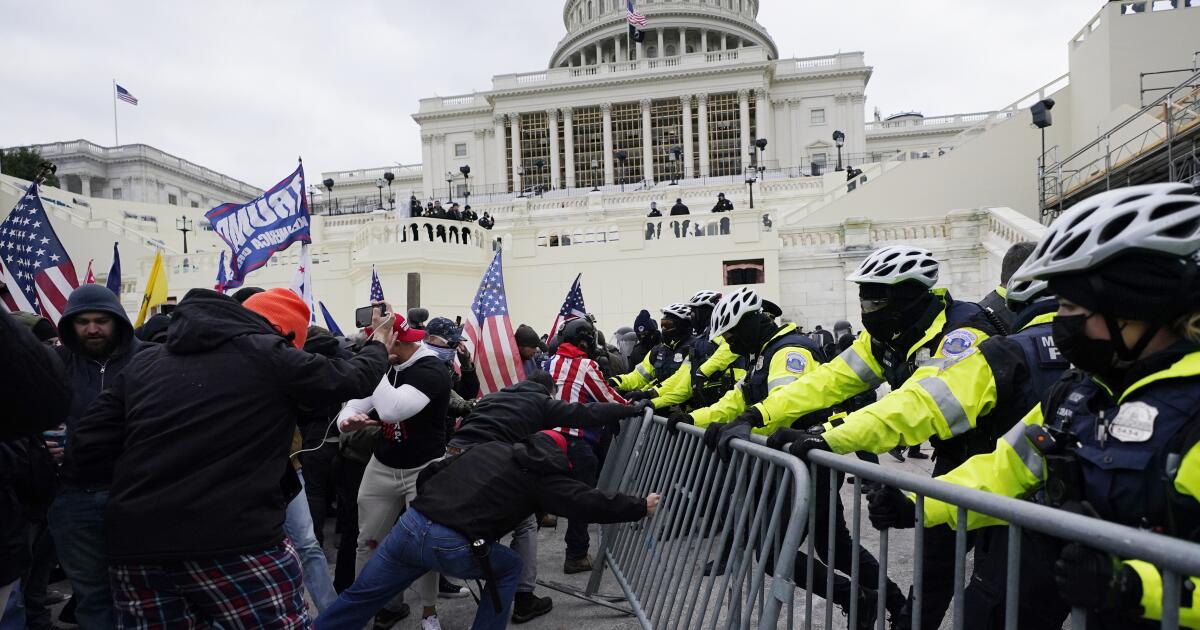Supporters of Proposition 36 would have us believe that California's criminal laws attract thieves and that public safety is not possible without long prison sentences for those who possess illegal drugs for personal use. They offer a ballot measure that would rescind smart voter reforms, partially fill prisons and reignite the disastrous war on drugs.
They claim their solution will ramp up drug treatment and combat homelessness, when it is at least equally likely to do the opposite. It would absorb much of the funding Californians recently approved for mental health care and dismantle programs that have succeeded in reducing recidivism and providing much-needed trauma recovery services for crime victims.
Prop 36 is a wrong move. Voters took notice of a previous attempt to dismantle it four years ago and would be wise to say “no” again.
The problems the measure seeks to address — shoplifting, drug abuse and homelessness — are to some extent interrelated. But despite proponents’ claims, they are not related to Proposition 47, a clever 2014 criminal justice reform measure that brought California’s anti-theft law in line with other states and made drug possession for personal use a misdemeanor, punishable by up to a year in jail.
The new measure would allow a third petty theft to be considered a felony. For a person with two prior petty thefts, stealing a slice of pizza (to take the famous excess of the three-strikes law as an example) could result in a counterproductive sentence of several years with no guarantee of a law-abiding return at the end of the sentence.
Police could stop petty thieves now if they made arrests for minor crimes, as they can and sometimes should do under current law. But they don't, because they argue that it's not worth the time to do so. They are asking voters to change the laws to fit their usual practices, rather than to update their practices to fit the laws they are asked to enforce. Californians should expect police to follow the law, rather than the other way around.
Police were caught off guard when thieves, South American tourist thieves, copper wire thieves and online buyers and sellers of stolen goods wreaked havoc with new forms of crime. It took too long, but authorities finally responded with special groups and top-notch investigative work.
Today, daily reports of arrests (literally thousands of them) are as common as videotaped robberies were just a year ago. They don't evoke the same emotional response, but the ongoing series of arrests is staggering in its scope and is being followed by court cases.
Just Google “Los Angeles,” “robbery,” and “arrest” to find countless stories of people whose crimes made the news a year or two ago and who were eventually arrested.
Prop 47 had nothing to do with these crimes, and Prop 36 would not have stopped them. That's because robbery, burglary, and grand larceny are already serious crimes, punishable by long prison terms. The law as it exists is appropriate for dealing with those crimes, provided law enforcement is ready to use it.
For repeat drug offenders, Proposition 36 would create a “mandatory treatment felony” on a third possession charge, meaning the defendant would have to complete court-supervised drug treatment or be sentenced to several years in jail or prison.
This component relies on several speculative or misleading assumptions: that the defendant is an addict, that drug courts prevent relapse, that effective treatment is widely available, and that people with substance abuse problems will kick their habit even if they have no home, job resources, or prospects. It also assumes that California’s serious problem with opioids and methamphetamine suddenly appeared when we eliminated charges for illegal possession. If that were the case, all those other states that still charge illegal possession would not be suffering from the same drug problems. But they are.
The standard treatment for methamphetamine addiction is six months of residential treatment followed by outpatient follow-up, but waiting lists for treatment beds are long and Medi-Cal covers only 30 days (60 to 90 with special approval). Twenty-two counties have no residential treatment at all. Proposition 36 provides no funding. Supporters say money could come from Proposition 1, just approved by voters in March, but that is supposed to fund treatment for mental illness, not just addiction recovery.
People who don’t complete treatment (and almost all of them relapse after the first time) would supposedly go to jail, but jails in Los Angeles and most other large counties are legally overcrowded, and jailers need that space for violent and dangerous criminals, not people convicted simply of drug possession, who would likely be released and end up on the streets. That probably means more homeless people, because even short jail stays are strongly correlated with loss of financial and emotional stability.
Rather than providing funding, the measure would drain it. Prop. 47 has so far saved the state more than $800 million in prison spending, and that money is redirected to carefully monitored anti-recidivism programs, trauma recovery for crime victims and school programs. More felony convictions mean less savings and less spending on prevention and victim services.
California has a serious property crime problem, including auto theft and burglary, and has only recently begun to address it using the extensive tools currently provided by state law. We have a serious drug problem that requires a thoughtful response and enormous resources. Proposition 36 pretends that the task can be accomplished cheaply. It can't. It's more wishful thinking than a solution. Vote no.












